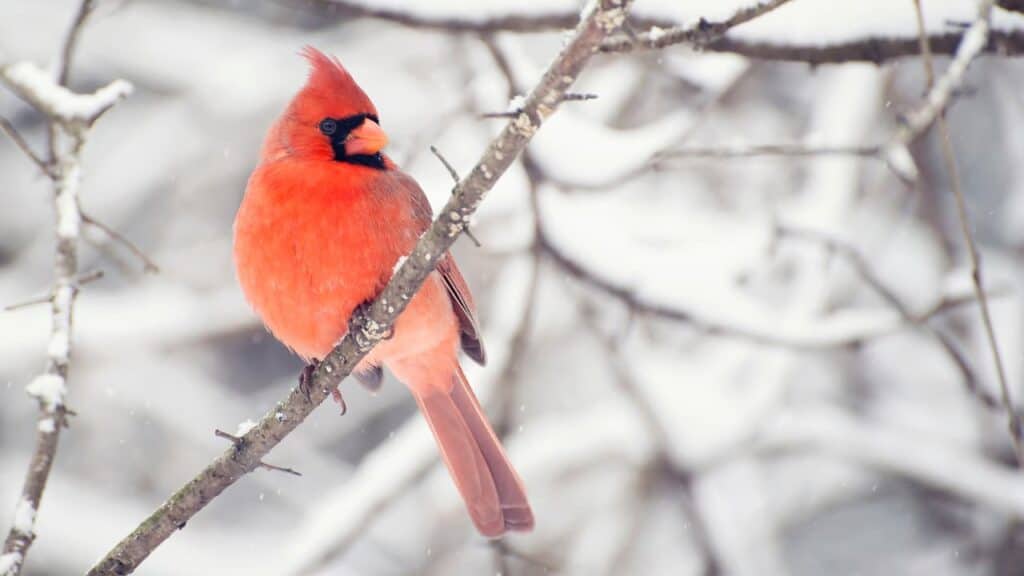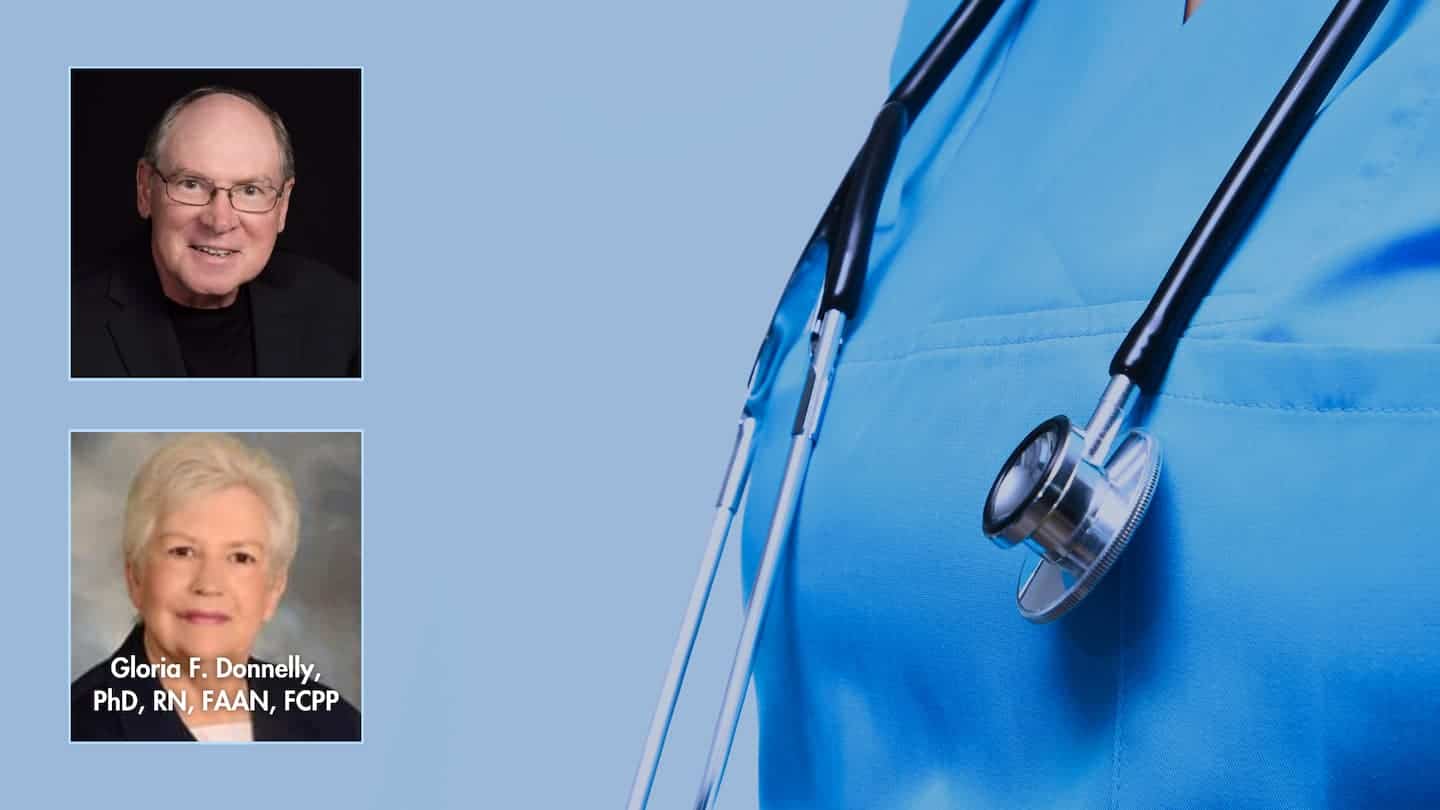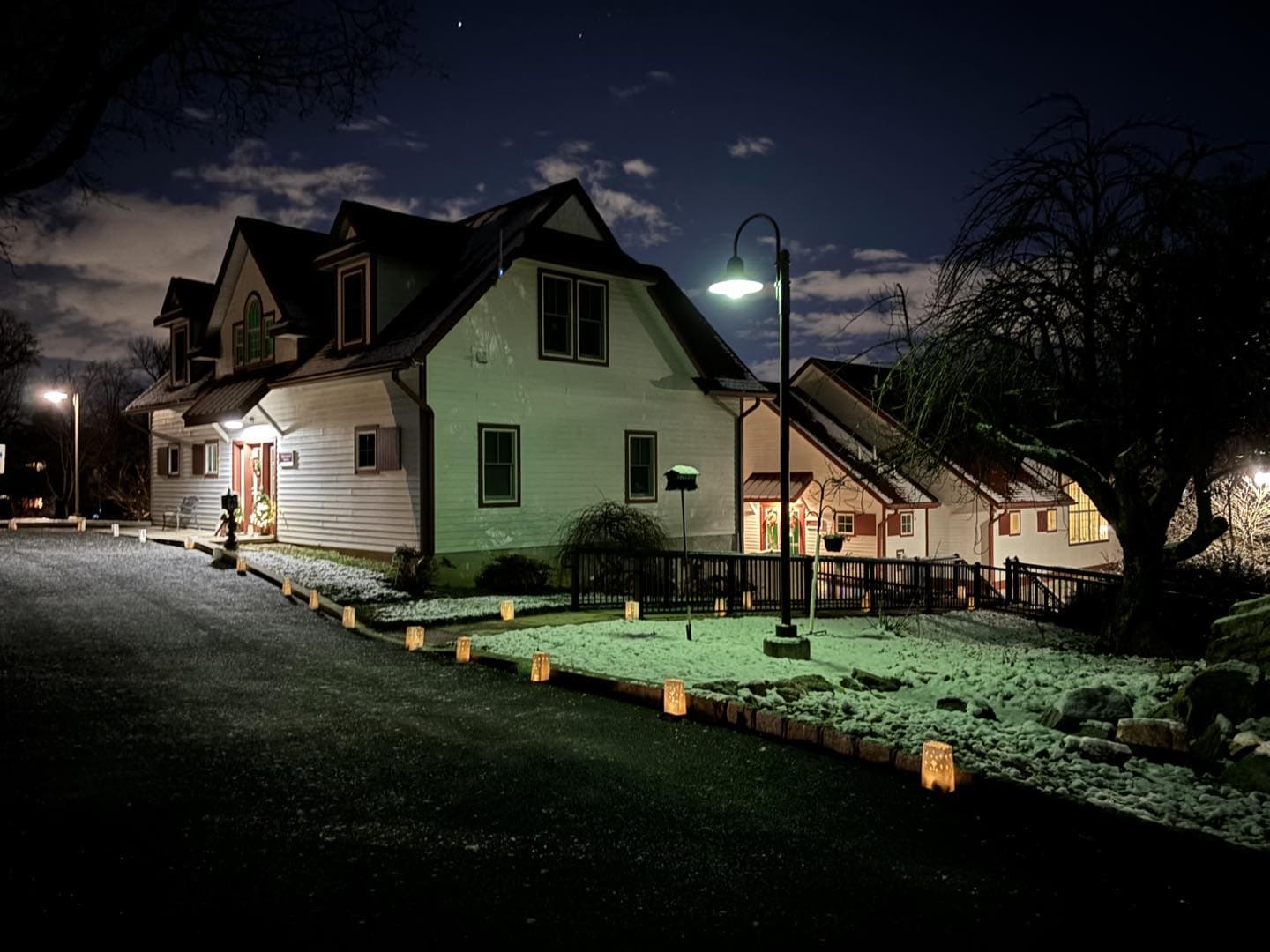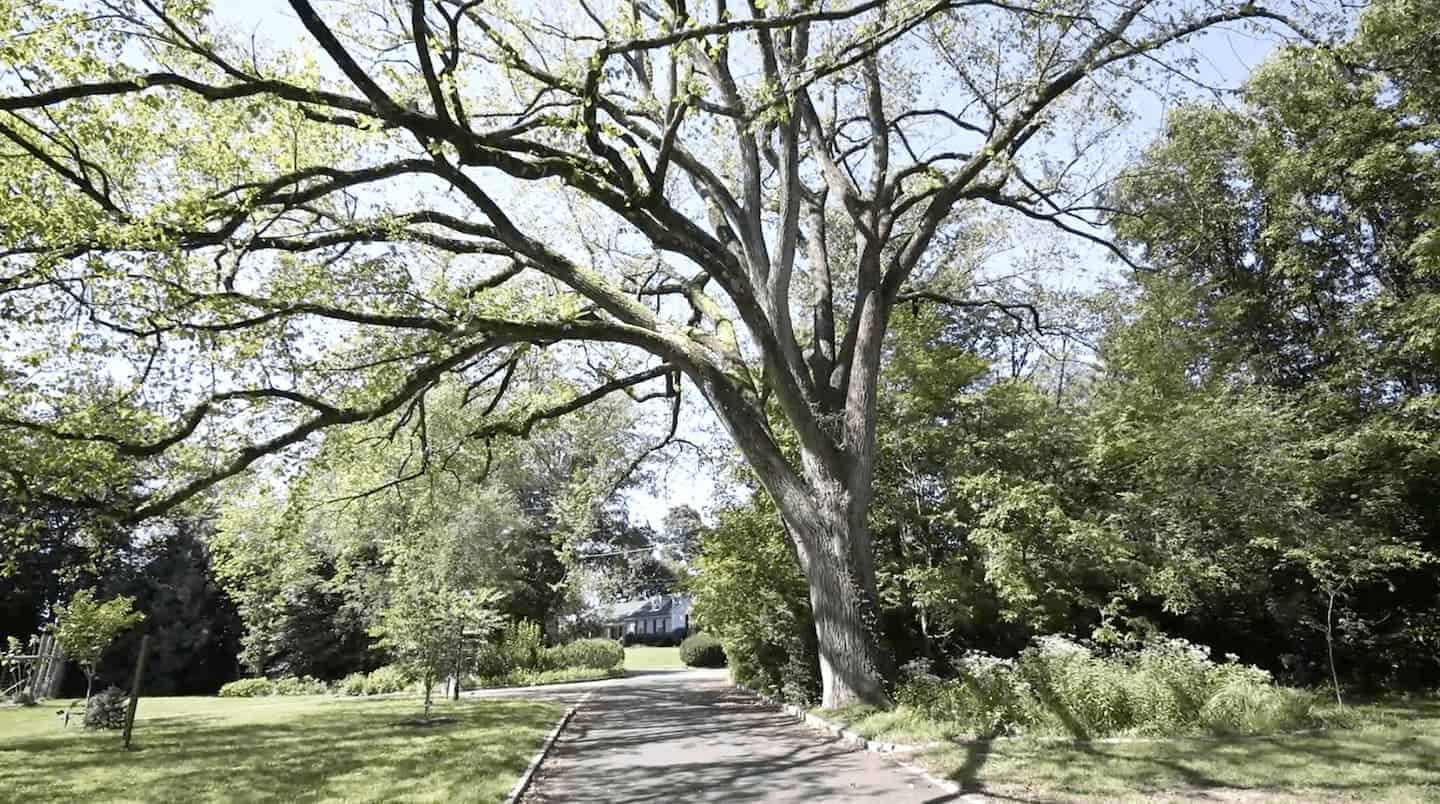Parked in the cell phone lot at the Philadelphia International Airport, I listen for a call. Two of the facilitators for Cranaleith’s staff/board “racial healing initiative” weekend retreat are arriving soon from California and Missouri, and I am here to give them a ride to the center. The phone should ring at any second.
In the silence of the car’s closed space, I hear the muffled sounds of jet engines, buses, cars, the laughter of four men joking with one another outside my passenger door. It is quiet in here, but my mind is noisy with anticipation and anxiety: new faces, new connections, a new initiative…. I have a welcome basket at the ready: Prosecco, fresh fruit, a small gift.
As part of our institutional path toward racial healing, the staff at Cranaleith have spent months reading (passages from Undoing the Knots: Five Generations of American Catholic Anti-Blackness by Maureen O’Connell, Nice Racism by Robin DiAngelo), watching (excerpts from The 1619 Project), sharing stories of our lives, our family’s histories, our doubts and certainties, our complex mixed-race journeys toward wholeness. Bernadette (Director of Facilitation and Alliance Partnerships) nudges us to remember and share times of “erasure” in our lives. When I was a little girl, my elementary school was filled with children whose parents had initially come to the U.S. from Mexico as migrant farm workers and who had settled in a small community on the Blue River Watershed near the banks of the Missouri. [At the age of 7, I fully planned to marry my best friend’s older brother, Bobby Hernandez. Spoiler alert: didn’t happen.] At my school, in an active erasure of an entire community, no one was allowed to speak Spanish. We only listened to English words, only read books written in the English language.
Such erasures and failures to be heard and seen are highlighted In David Brooks’ recent book How to Know a Person: The Art of Seeing Others Deeply and Being Deeply Seen. Brooks describes the healing power of sharing our stories, creating our narratives, and the importance of listening to one another attentively, compassionately. He admits that his book should probably be titled “The Art of Hearing Others Deeply and Being Deeply Heard” (72). He concludes by noting that hope can be found in “…the everyday acts of encounter…[in T]he simple capacity to make another person feel seen and understood” (271).
Listening deeply is a profoundly powerful act. By gathering together, listening to strangers, friends, co-workers, families, ourselves, to land and rivers, to bodies and languages, we uncover how our cultural, ancestral, moral, happy/sad/tragic stories connect us, inspire us, give us hope. Taking the time to listen to one another with our whole selves? It seems simple and easy, but it’s not. Instead? It is freeing.
Wait! Do you hear that? It’s the call I have been waiting for! Time to greet and hug our guests. They have had a long flight. I can’t wait to hear about their journey.
In Mercy,
Dawn L. Hayward
Executive Director




